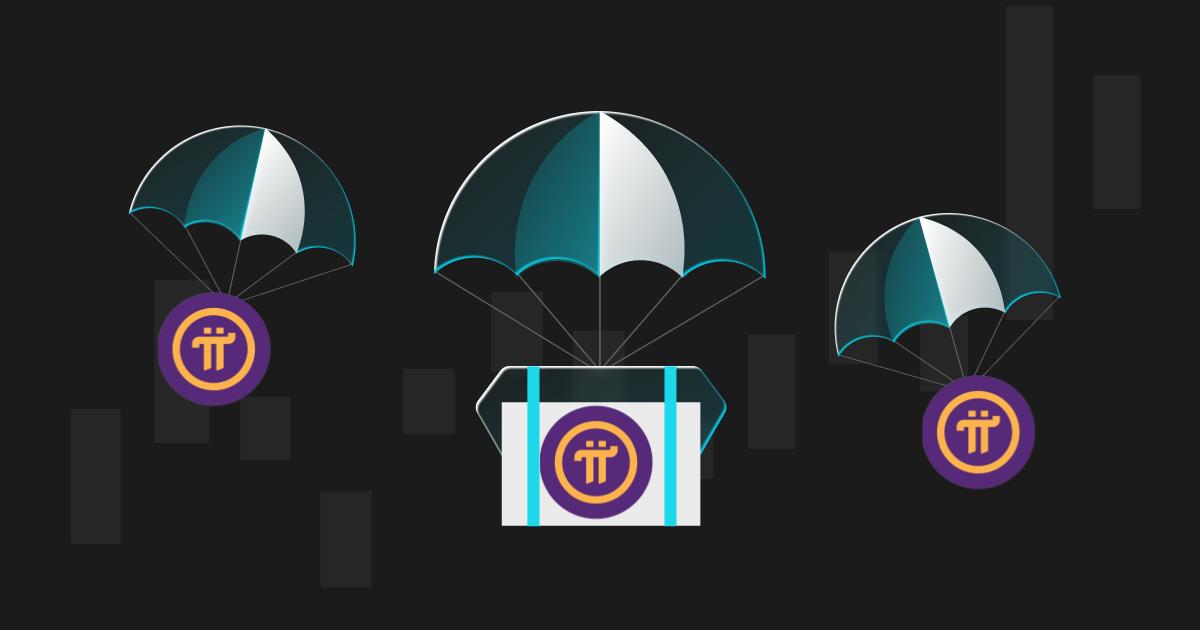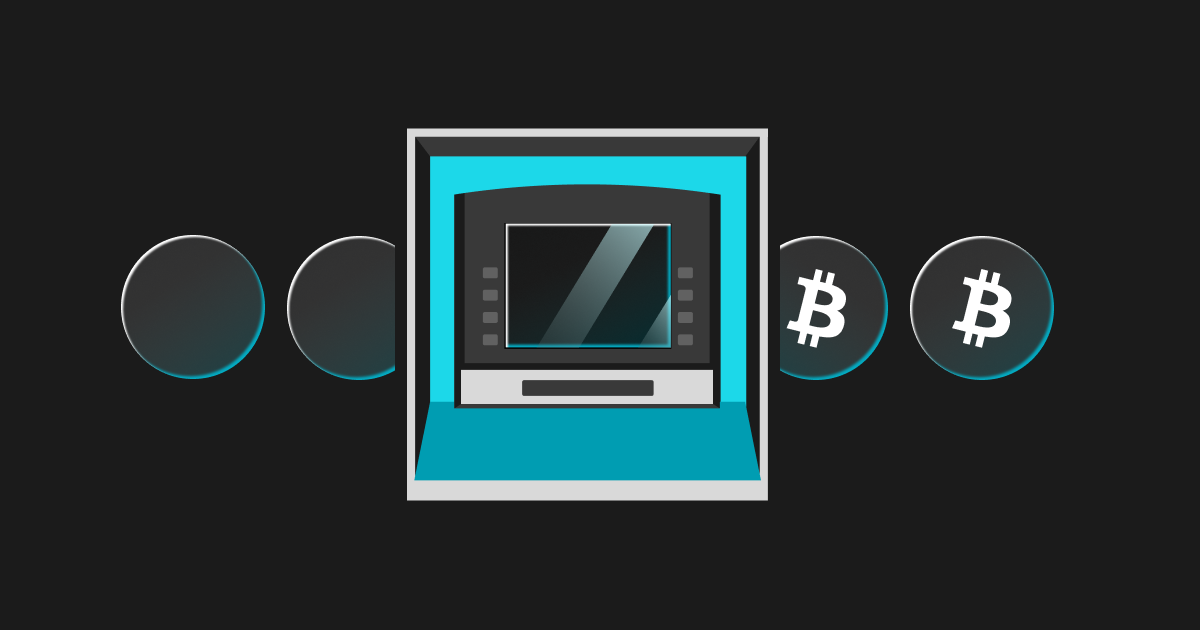
What Is the P2P Cryptocurrency Exchange?
Peer-to-peer technology has been revolutionizing various industries for years. The cryptocurrency sector is no exception. In the realm of digital assets, the term ‘P2P’ often stands in conjunction with ‘exchange’. In this article, we will learn the concept of P2P cryptocurrency exchanges, providing you with a comprehensive understanding of their functionality and equipping you with valuable tips and best practices to ensure a secure and seamless trading experience.
Understanding P2P
P2P stands for Peer-to-Peer, which means direct interaction between two parties without the intervention of a third party or a central authority. In the context of cryptocurrencies, P2P exchanges allow individuals to buy and sell cryptocurrencies directly with one another.
How Does P2P Cryptocurrency Exchange Work?
A P2P cryptocurrency exchange operates as a marketplace where users can trade cryptocurrencies. Unlike traditional exchanges, P2P exchanges do not hold users’ funds, but rather facilitate the direct transfer of assets between individuals.
Listing and Matching
A user lists the cryptocurrency they want to sell, specifying the price and amount. The exchange matches this offer with a buyer who is looking for the same cryptocurrency at a similar price.
Escrow Service
To ensure the security of the transaction, the cryptocurrency is usually held in an escrow service by the exchange. This means that when the seller confirms the trade, the cryptocurrency is temporarily locked until the transaction is completed.
Payment Processing
The buyer makes the payment directly to the seller using the agreed-upon method (e.g., bank transfer, PayPal, or other cryptocurrencies).
Release of Funds
Once the seller confirms that they have received the payment, the escrow service releases the cryptocurrency to the buyer’s account.
P2P Cryptocurrency Exchanges vs. Traditional Exchanges - A Comparative Battle of Features
| Aspect |
P2P Cryptocurrency Exchanges |
Traditional Exchanges |
| Intermediaries |
None or minimal |
Yes |
| Privacy |
Greater privacy and anonymity |
KYC/AML regulations may require identification |
| Range of Cryptocurrencies |
Diverse selection, including niche tokens |
Generally list popular cryptocurrencies |
| Transaction Fees |
Generally lower |
Fees vary and can be relatively high |
| Security and Risks |
Users responsible for due diligence |
Potential risks of hacks and security breaches |
| User Control |
Full control over funds and transactions |
Reliance on exchange for custody and execution |
| Liquidity |
May vary depending on platform and users |
Higher liquidity due to centralized order books |
| Dispute Resolution |
Varies across platforms, may have mechanisms like escrow systems |
Often have customer support and dispute resolution processes |
Note: It's important to remember that specific features, advantages, and risks may vary between different P2P and traditional exchanges. The table above provides a general comparison to highlight some common characteristics.
Curious about P2P Crypto Exchanges? Want to know the Pros and Cons? You have to check out our article: What are the Pros and Cons of P2P Crypto Exchanges?
10 Tips for Trading on P2P Exchanges
1. Start Small
Especially if you are new to P2P trading, it’s wise to start with small transactions. This reduces risk and allows you to gain experience without committing a large amount of capital.
2. Use Escrow Services
Always use the escrow service provided by the exchange. This protects both the buyer and the seller by ensuring that the cryptocurrency and funds are released only once both parties are satisfied.
3. Research Your Counterpart
Before engaging in a trade, check the reputation and trading history of the user you are transacting with. Most P2P exchanges have a rating system; make sure your trading counterpart has a good rating.
4. Keep Communication Clear
Keep your communication with the other party clear and concise. Confirm the details of the trade and make sure both parties are on the same page regarding terms and conditions.
5. Use Secure Payment Methods
Choose payment methods that you are comfortable with and that offer a level of protection. Be cautious of payment methods that are irreversible or that do not offer any buyer or seller protection.
6. Stay Informed
Keep abreast of market trends and prices. This will help you make more informed decisions and potentially profit from your trades.
7. Exercise Caution with Personal Information
Be cautious about the personal information you share. Only provide what is necessary for the transaction.
8. Document Everything
Keep records of your communications and transactions. In case something goes wrong, this documentation can be invaluable.
9. Understand the Regulatory Environment
Be aware of the regulations regarding cryptocurrency in your jurisdiction. This includes understanding tax obligations and compliance requirements.
10. Use Two-Factor Authentication (2FA)
Always enable 2FA on your account for an extra layer of security.
New to the market and want to learn more on how to prevent fraud in P2P trading? Check out our handy guide.
Top P2P Cryptocurrency Exchanges Revealed
Paxful: User-Friendly P2P Trading
Paxful has gained popularity as a user-friendly P2P cryptocurrency exchange. It offers a wide range of payment methods, catering to diverse preferences worldwide. Paxful's platform connects buyers and sellers, providing an escrow service for secure transactions. With a focus on accessibility, Paxful has made cryptocurrency trading more approachable for individuals globally.
Bisq: Empowering Users with Privacy and Decentralization
Bisq is a decentralized P2P cryptocurrency exchange that champions privacy, security, and self-sovereignty. Unlike traditional exchanges, Bisq operates on a peer-to-peer network, eliminating the need for intermediaries. This platform allows users to trade a variety of cryptocurrencies directly with one another, preserving their privacy by avoiding the need for identity verification. Bisq's decentralized nature ensures that no single point of failure exists, reducing the risk of hacks or data breaches.
Bitget: Integrating P2P Trading with Derivatives
Bitget stands out as an innovative platform that seamlessly integrates P2P trading with derivatives. While primarily known for the world's fastest growing crypto derivatives trading platform, Bitget has expanded to include P2P trading, creating a comprehensive trading ecosystem. The platform combines the benefits of direct trading with the flexibility of derivatives, copy trading, empowering users with a wide range of trading options and advanced tools for effective decision-making.
Not yet a Bitgetter? Register with us today!
Struggling to find the perfect crypto P2P exchange? Click here to discover the answer.
Closing Thoughts
In summary, P2P cryptocurrency exchanges revolutionize the way people trade digital assets. They allow direct transactions between individuals, eliminating the need for intermediaries. With features like escrow services, privacy, lower fees, and user control, P2P exchanges offer a secure and flexible trading experience. By following best practices and using reputable platforms, individuals can enjoy the benefits of P2P cryptocurrency trading while minimizing risks.
Bitget Academy: A Must-Visit for Crypto Investors
Bitget Academy shines as an essential platform for crypto investors, combining extensive educational content with an engaged community. Catering to both beginners and experienced traders, it covers everything from basic cryptocurrency concepts to advanced trading strategies. The vibrant community forum (Bitget Insights) fosters a collaborative space for exchanging insights and experiences. Notably, Bitget Academy’s dedication to incorporating the latest developments ensures that its members are always informed and ahead of the curve.
Begin your crypto journey by visiting Bitget Academy's website today!

- Pi Coin (PI): Listing Date and Selling Guide on Bitget2025-02-15 | 10m
- Bitcoin ATMs Explained: How They Work and Where to Find Them2025-02-12 | 5m
- Crypto Mining: How It Works and Is It Still Profitable?2025-02-07 | 5m



